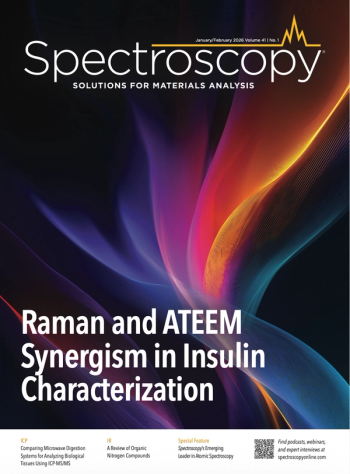
Diane Parry Receives SAS Distinguished Service Award at SciX 2018
Diane Parry received the 2017 SAS Distinguished Service award at the SciX 2018 conference, held on October 21–26 in Atlanta, Georgia.
Diane Parry received the 2017 SAS Distinguished Service award at the SciX 2018 conference, held on October 21–26 in Atlanta, Georgia.
The FACSS Distinguished Service Award is presented to an individual who has demonstrated exceptional long-term service to the FACSS organization. The organization typically chooses a person who has served with excellence in many different capacities and who has contributed to the continuing success of FACSS through consistent dedication and sacrifice.
Parry, who is recently retired from Procter and Gamble and who is currently the treasurer of the Society for Applied Spectroscopy (SAS), has volunteered with SAS and FACSS/SciX in a range of capacities, including as the 2015 SAS president; as a program section creator and organizer; as a three-term SAS parliamentarian from 2008–2011; as the developer of the role of metrician for FACSS from 2004–2014; as the 2006 FACSS governing board chair; and as a workshop co-presenter or presenter to undergraduate students from 1995–2014.
She received her PhD in physical and analytical chemistry from the University of Utah (Salt Lake City, Utah) in 1989, and completed her post-doctoral work at IBM’s Almaden Research Center in San Jose, California, before joining Proctor and Gamble in 1991.
Newsletter
Get essential updates on the latest spectroscopy technologies, regulatory standards, and best practices—subscribe today to Spectroscopy.




